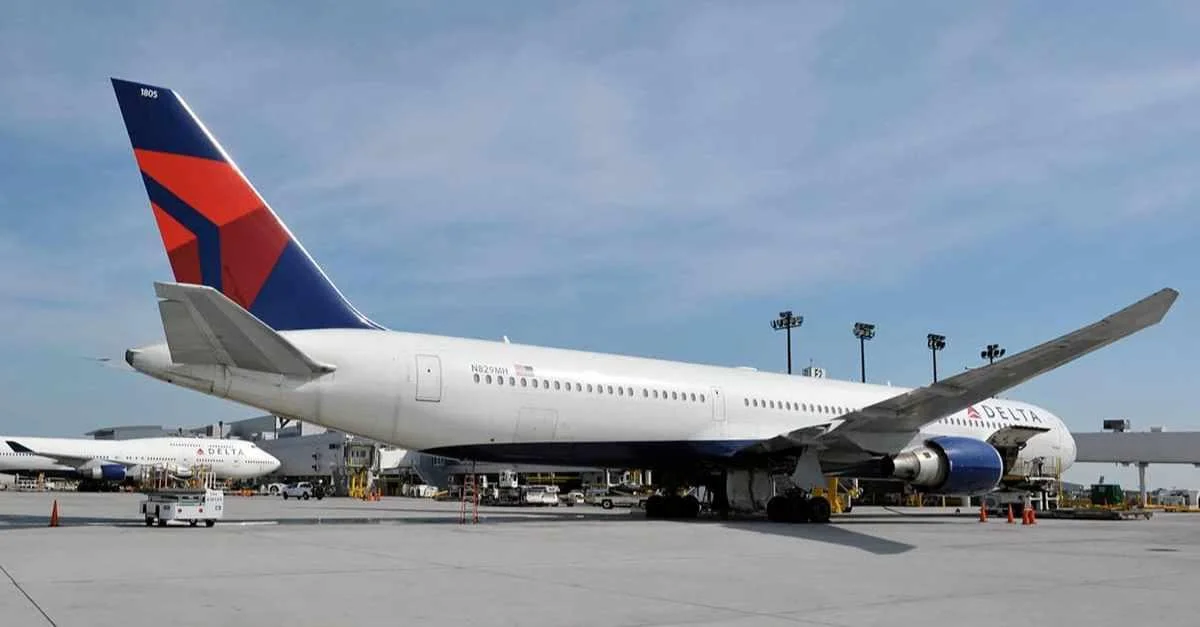The braking systems of aircraft, both small and large, are essential for safe landings and takeoffs. Similar to car brakes, aircraft brakes work by pressing friction pads against a rotor to stop the wheels from spinning. However, due to the significant energy involved in landing or rejected takeoffs, aircraft brakes must be robust and reliable.
Light aircraft often use single-plate disc brakes, but larger planes like the Airbus A320 require more advanced systems. "Based on the calculations, the brakes of an Airbus A320 must absorb almost 500 times more energy than a Cessna 172 on landing," highlighting the need for multi-disc brake setups in large aircraft. These systems involve stacks of rotors and stators controlled by multiple pistons using hydraulic pressure.
Aircraft braking systems also include features such as anti-skid technology to prevent wheel lock-up and skidding, especially on wet or contaminated runways. The anti-skid system compares wheel speed with reference speed and releases brakes if necessary. Automatic braking systems can be armed by pilots to ensure appropriate braking during takeoff or landing.
 Alerts Sign-up
Alerts Sign-up

























